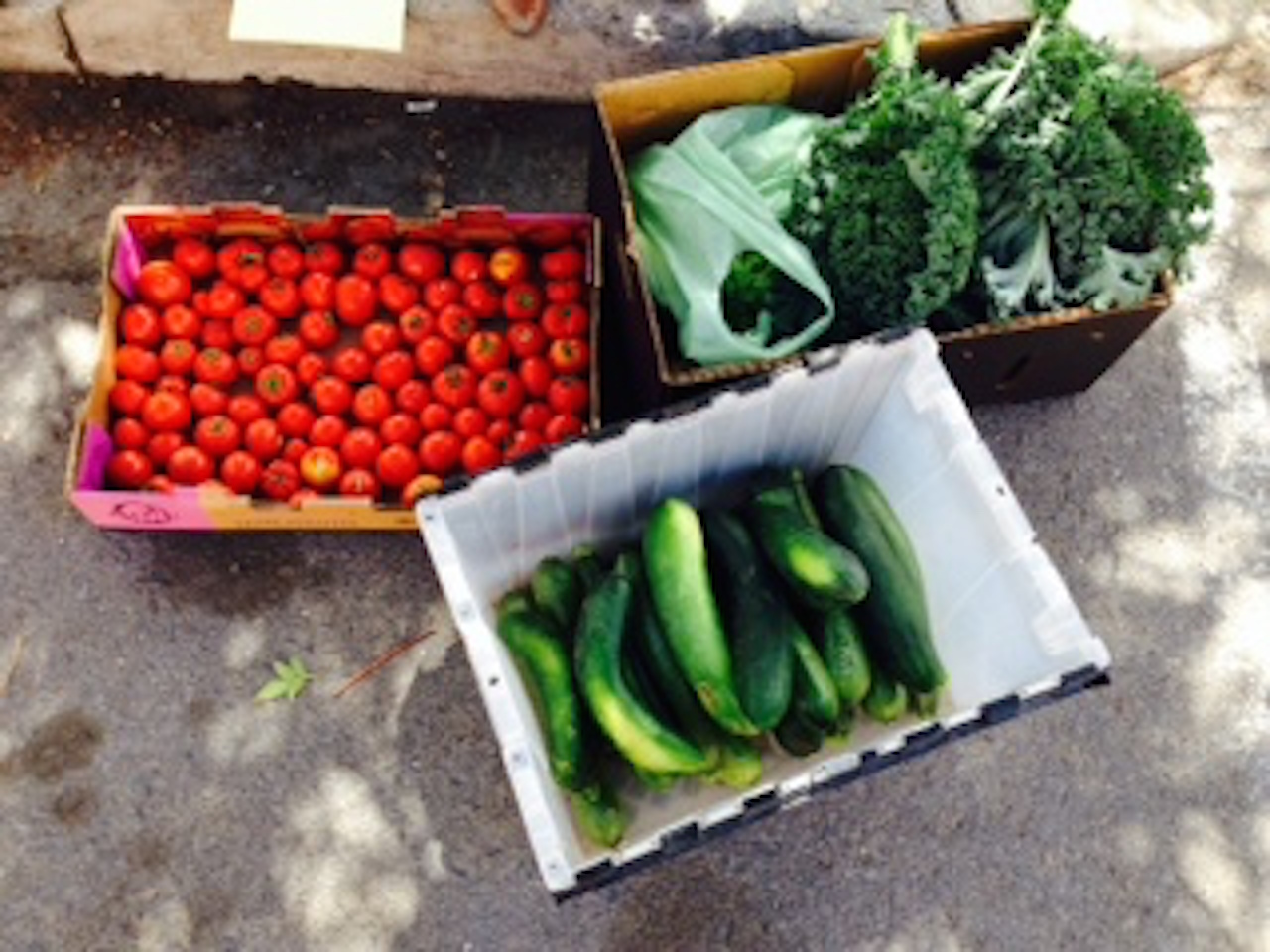
Key Points
Location and committed management are important to the success of a community garden.
Fencing needs to extend underground in some areas to deter ground squirrels and other burrowing animals.
Donated plants may not be very productive if received too late in an already short growing season.
It is difficult to get accurate quantitative results from a Plant a Row campaign.
Our Experience
There are several community gardens in northeast Washington. The two largest are in Colville and Kettle Falls, which are both towns with very active food pantries open four days a week. The community garden in Colville is owned and operated by a local church. This year they saw a continuing decrease in the number of individuals renting gardening plots. Those that did participate were highly discouraged by a widespread infestation of ground squirrels that decimated their crops. Apparently, in the past the Colville food pantry did have a large plot in the community garden, but they never had any volunteers tend to it and it fell on the churches shoulders to keep it going. The lack of volunteers could be for a number of reasons. First, the food bank is often busy and cannot spare their own volunteers. Also, they were unable to convince any of their clients to take ownership in the gardens, and the gardens are located outside of town so transportation could have hindered a volunteer’s ability to get there regularly. It is recommended that the Hunger Coalition partner with this church and help build capacity for the garden so its benefits can reach those in need.
The Kettle Falls Community Garden received almost one hundred starter tomato and pepper plants, donated by local growers. These plants were grown in the “food bank” section of the garden, which the Kettle Falls food bank tried to engage their clients to take some ownership in. However, the garden has also seen a lack of volunteer interest. The food bank director believes the transitory life of most of their clients keeps them from being involved. It is recommended to address some difficult issues like: how to engage people to work in gardens and put down roots when they don’t have a place to live, or how to give people who may not have access to a kitchen ideas on how to eat healthy and utilize the veggies in the garden. The Kettle Falls community garden is located right in town and is accessible by walking.
The Hunger Coalition has advertised the Plant a Row initiative for two seasons now. These efforts mostly included distributing flyers and posting advertisements in the newspapers. During the 2015 NEW Washington fair, the Harvest VISTA handed out seed packets and bookmarks with food pantry hours and location on them to help encourage individuals to participate in next year’s program. Unfortunately, it is very difficult to gather any quantitative data on the Plant a Row initiative because the produce is going straight to the food banks and not through the Hunger Coalition first.
Finally, the new superintendent of the Colville school district has shown interest in establishing gardens at some schools in town. This could present a new opportunity to confront hunger and poverty in Stevens County. Over 70% of children in Stevens County are on free and reduced lunches, and of those 70% there are most likely some families that rely on the food banks at one point or another. The opportunity to engage this younger population and teach them self-sufficiency when it comes to feeding themselves could have a drastic effect on poverty in this area.

